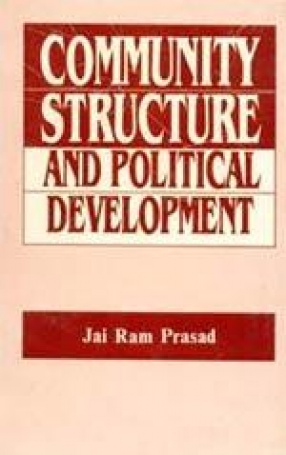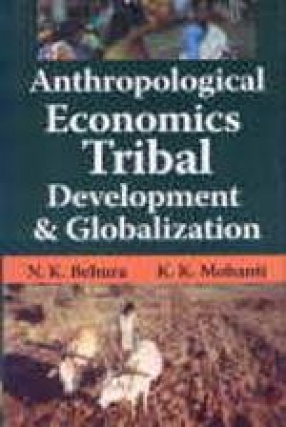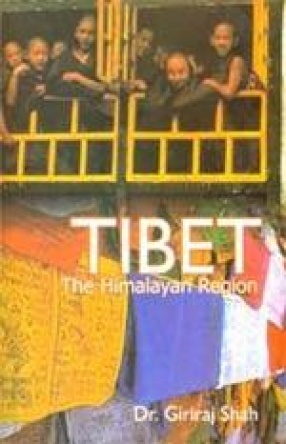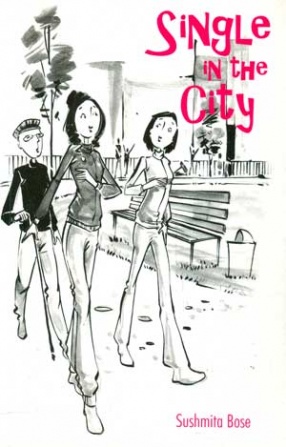This book is an attempts to crystallize the relationship between community structure and political development. Theoretical perspective of crisis, community and political development has been developed in order to resolve one of the basic dilemmas in theorizing about political development. The study discusses the relationship between conflict and politics. The conflict has generated a new confidence among the youngsters and weaker sections of the society. Another significant aspect which this study has taken to evaluate is the political consequences of educational development for community life. There has developed a serious crisis in the educational system in the India’s villages. The growing army of unemployed youth is a symptom of this crisis. Moreover, it is being concluded that the village Panchayat has succeeded in developing grassroots democracy in the country. But the Panchayat system has failed considerably to exploit local resources for economic development. The study tends to confirm that power structures have become decision-making structures. It discovers the causes of differential political participation in community life. Thus crisis is a significant reality emerging out of this study. The structure of the community is not in conformity with the many aspects of development. It has hardly remained as basic unit of administration. It has lost its autonomy. The developmental programmes are settled at some level higher than the village, like the block. The most pertinent question today is: is political development succeeded n altering the community structure? Perhaps all our villages are passing through this phase where several kinds of the crises are simultaneously taking place, tending to find expression in violence and order problems.
Anthropological Economics, Tribal Development and Globalization
The principal theme of the ...
$40.50
$45.00





There are no reviews yet.